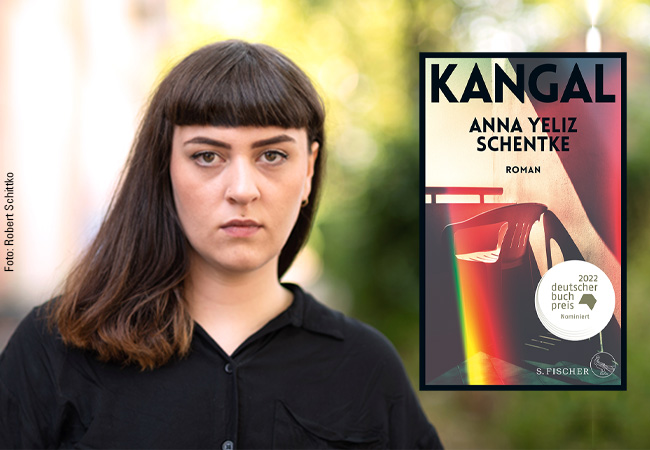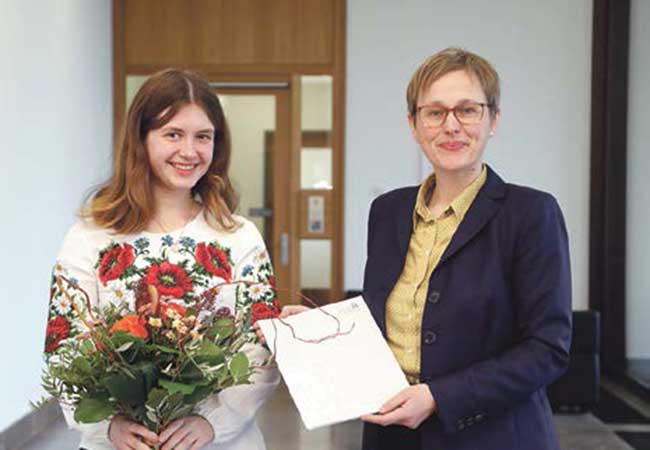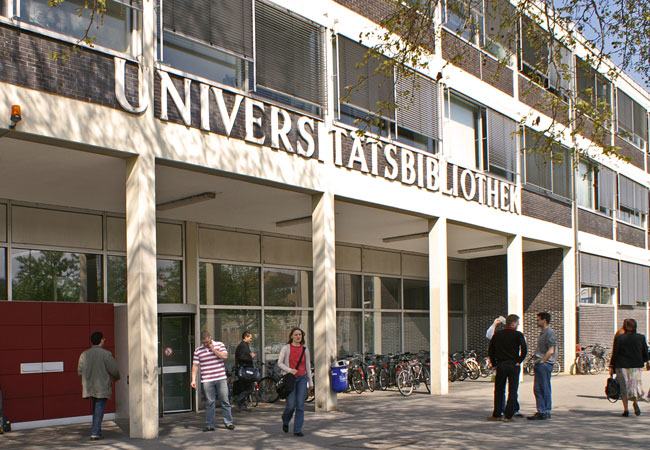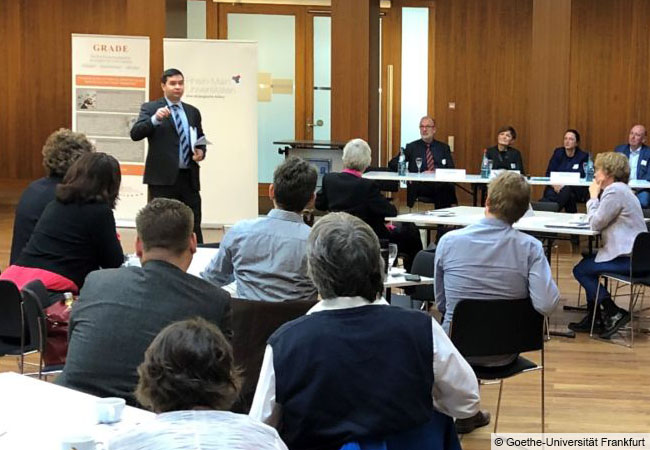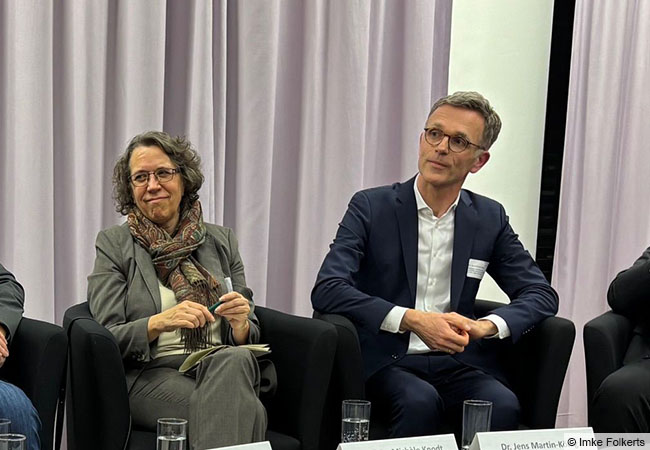Philosopher Martha Nussbaum on the similarity of emotions in humans and other animals, the inspiration for her new book Justice for Animals and Donald Trump
Lisa Czellnik: The importance of emotions can be seen as one of the central themes within much of your work. Of course, your approach has evolved over time, but it is particularly noteworthy that you assign the attribute „cognitive“ to emotions. Can you elaborate on what exactly you mean by that?
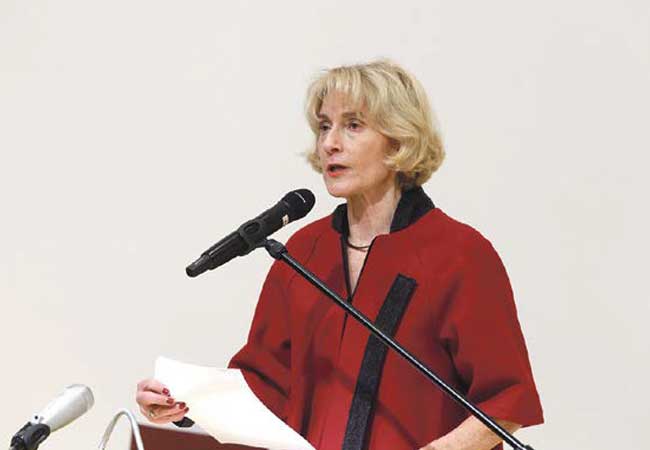
Martha Nussbaum: I use the word in the way it is standardly used by biologists, meaning „concerned with the reception and processing of information.“ It is by now generally agreed in biology that emotions evolved in animals as ways of giving them news of how things are with regard to their most important goals and projects. Anthony Damasio’s important work in neuroscience shows that people whose brains are damaged in such a way that they lack emotions can still show high intelligence on tests, but they can’t relate to any goals, and can’t decide what to do. Without fear, for example, we would all be dead.
If I understand you correctly, you consider some emotions to be prior to language in certain cases (for example infants) – but are emotions coloured and shaped during development not only by society but also by language? How dangerous can this connection be? And how healing?
Yes, emotions are very early in human life — not only fear, but also love, anger, envy, and others. Grief comes a little later, when the reality of death is understood. Compassion requires understanding of the sufferings of others. All these emotions are found in the lives of other animals as well, as Frans de Waal shows in his brilliant recent book, MOMMA’S LAST HUG. In human life, emotions are shaped by language and social norms, but also by other forms of symbolic activity, such as music and visual art. Right now I am writing a book about how music can bring people together after a war to mourn and to form new projects of reconciliation. My central case is the WAR REQUIEM of Benjamin Britten, written for the 1962 rededication of Coventry Cathedral after its bombing during World War II. Britten’s wonderful setting of both the traditional Requiem Mass and, in dialogue with that, the war poetry of Wilfred Owen,not only shows how people may become reconciled (he deliberately chose an Englishman and a German as the two leading singers who establish a dialogue about war), but promotes that reconciliation, and a committed search for peace, through the powerful emotions the music inspires.
Recently you have been increasingly focusing on animal ethics – what significance do you assign to this topic in your overall concept and life’s work on the good life? What links do you see to other animal ethics and how do you distance yourself from them?
My new book JUSTICE FOR ANIMALS: OUR COLLECTIVE RESPONSIBILITY, will appear in January, and the German edition, by WBG, will appear at around the same time. It was inspired by my daughter’s profound dedication to advancing the welfare of animals. She was a lawyer for an NGO working on animal rights. Her work led me to learn so much about these issues, and I was already writing the book when she died, tragically, at the age of only forty-seven. So my way of mourning that terrible loss was to plunge more deeply into the book and try hard to make it worthy of her commitments and a way of keeping them alive. A large part of the book is a confrontation between my own theory of animal justice, based on my version of the Capabilities Approach, and three other prominent approaches: an anthropocentric approach based on the idea of a „ladder of nature,“ the Utilitarian approach, and Christine Korsgaard’s Kantian approach. I try to show that one must focus on the animal’s entire form of life, not just pain, and one must respect each animal life for what it is, not because it is or isn’t like our own.
In this framework, you also relate your understanding of emotions to animals, which fortunately is increasingly recognised and accepted in society nowadays – generally speaking, are there any notable differences between humans and other animals in your research or could one say that the relevance of emotions in the lives of these two groups is comparable?
Humans are animals, and like the other animals we find ourselves on a rather hostile planet having to seek ways of living and, hopefully, living well. Each animal has a different niche in the world and different strategies for flourishing, but there are very general similarities. All animals (us included) strive for life, for health, for the integrity of our bodies, for the use of our senses and imaginations; all seek emotional health; all seek to choose their own paths through the world; all seek affiliations with other creatures, both of the same species and of different species; all seek a good relationship with the world of nature; all like to play and enjoy leisure; and all seek varied forms of control over their material and social environment. As you will notice, these are the large rubrics of my well-known Capabilities list. But of course at a more specific level there are many differences. Some animals have senses we lack, for example the ability to navigate by magnetic fields or the ability to perceive what is inside an object by echolocation. And I do think that there are emotional differences too. But only at a highly specific level. Most of the major emotion types play a role in animal lives – including grief and compassion, as we now understand.
Finally, a question slightly outside the animal theme; how do you assess Trump’s effectiveness and his chances in the 2024 elections?
He made a mess of Covid and failed to get anything done. His obsession with his ego and with retribution against his enemies has now been exposed as catastrophic, and his election-denialism lost Republicans dearly in the recent elections. I do not think he will win the Republican nomination. I don’t agree with the other candidates either (De Santis, Pence), but they are more normal and law-abiding. I would like to see them nominate Liz Cheney, though I do not agree with her either, but I honor her. But I believe that is unlikely to happen. And I think if Trump fails to be nominated he will run as an Independent, thus dooming the Republicans.
Interview: Lisa M. Czellnik
About the interviewer „I don’t know what tomorrow will bring, but to always look forward to it with a hopeful belief in the good – that’s what I’ve been able to adopt in my studies and life so far.“ This worldview, shaped by the philosopher William James, led the Master’s student Lisa Czellnik to Rome with the FAZ in November 2022. There she interviewed Martha Nussbaum shortly before the Balzan Foundation award ceremony in Rome, where the American philosopher received the prize for her work in moral philosophy.
Lisa M. Czellnik is currently studying philosophy of religion at Goethe University. During her undergraduate studies in Philosophy and German Studies at the TU Darmstadt, she met the Frankfurt philosopher of religion Prof. Dr. Thomas Schmidt. After completing her bachelor’s degree, she followed him to Frankfurt. „The combination of philosophy, religious studies and theology here offers a unique interdisciplinarity and the opportunity to be inspired by very different sides and approaches, both academically and personally. In addition to this, the close cooperation with the lecturers also shows me that the choice of the Philosophy of Religion degree programme was the right one for me.“



